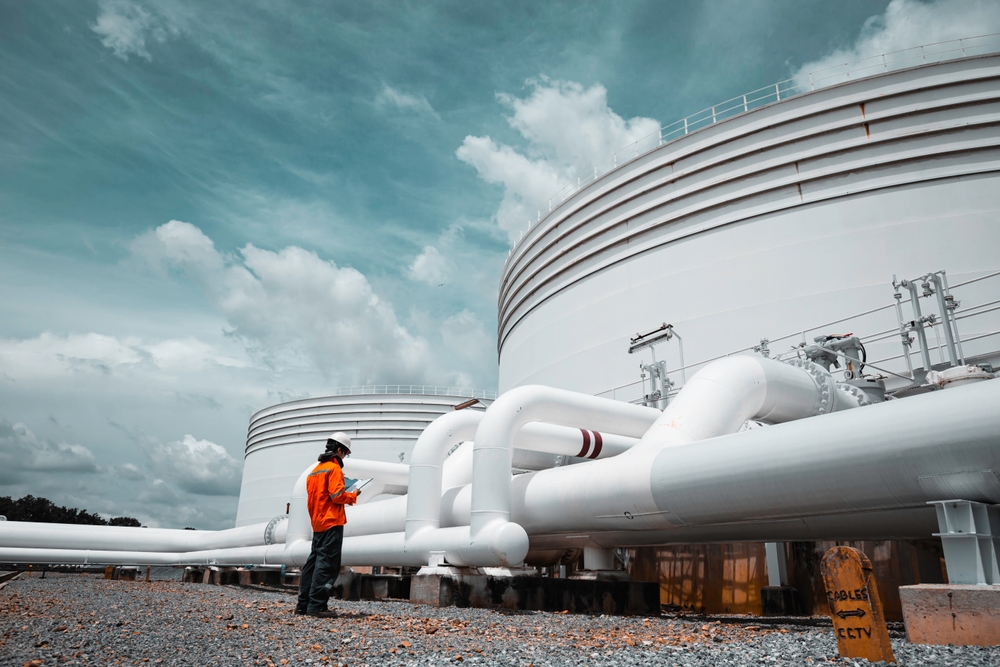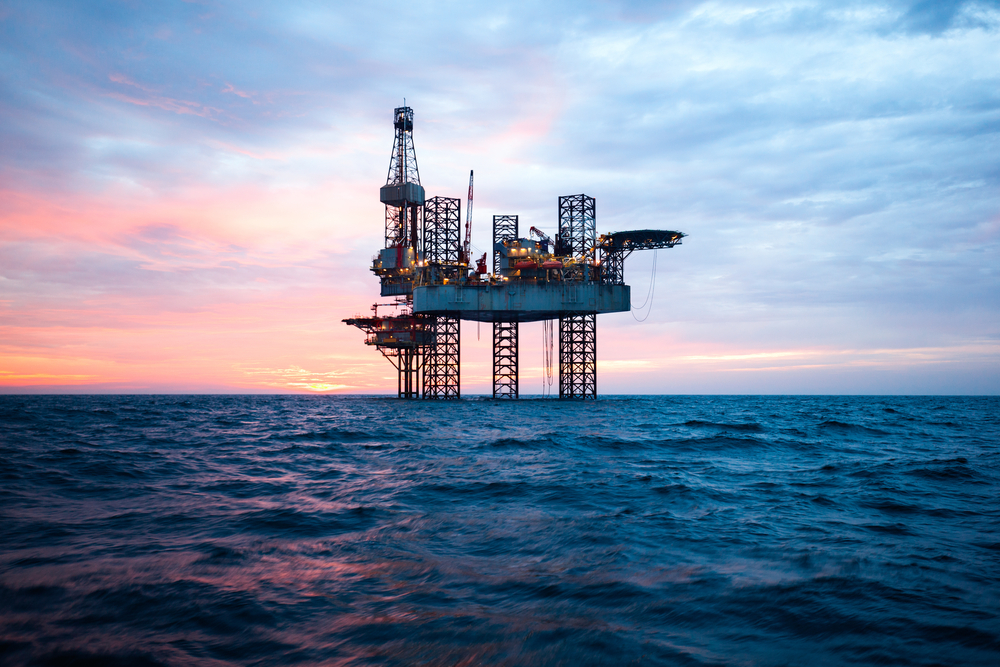

This course is designed with the purpose of providing the participant with an understanding of different facets of the oil and gas sector, such as its exploration, production, refining, and marketing aspects. Participants will enrich their experience by gaining knowledge and understanding of technologies, management styles, and regulations related to the global petroleum industry.
| City | Start Date | End Date | Fees | Register | Enquire | Download |
|---|---|---|---|---|---|---|
| Prague | 23-06-2025 | 27-06-2025 | 6200 $ | Register | Enquire | |
| Amsterdam | 07-07-2025 | 11-07-2025 | 6200 $ | Register | Enquire | |
| Jakarta | 14-07-2025 | 18-07-2025 | 4950 $ | Register | Enquire | |
| Cairo | 21-07-2025 | 25-07-2025 | 3950 $ | Register | Enquire | |
| Dubai | 28-07-2025 | 01-08-2025 | 4300 $ | Register | Enquire | |
| London | 04-08-2025 | 08-08-2025 | 6200 $ | Register | Enquire | |
| Krakow | 11-08-2025 | 15-08-2025 | 6200 $ | Register | Enquire | |
| Paris | 18-08-2025 | 22-08-2025 | 6200 $ | Register | Enquire | |
| Madrid | 01-09-2025 | 05-09-2025 | 6200 $ | Register | Enquire | |
| Casablanca | 08-09-2025 | 12-09-2025 | 4950 $ | Register | Enquire | |
| Cairo | 15-09-2025 | 19-09-2025 | 3950 $ | Register | Enquire | |
| Istanbul | 22-09-2025 | 26-09-2025 | 4950 $ | Register | Enquire | |
| Madrid | 06-10-2025 | 10-10-2025 | 6200 $ | Register | Enquire | |
| Cape Town | 13-10-2025 | 17-10-2025 | 5600 $ | Register | Enquire | |
| Cairo | 20-10-2025 | 24-10-2025 | 3950 $ | Register | Enquire | |
| London | 03-11-2025 | 07-11-2025 | 6200 $ | Register | Enquire | |
| Dubai | 10-11-2025 | 14-11-2025 | 4300 $ | Register | Enquire | |
| Prague | 17-11-2025 | 21-11-2025 | 6200 $ | Register | Enquire | |
| Cairo | 01-12-2025 | 05-12-2025 | 3950 $ | Register | Enquire | |
| Dubai | 08-12-2025 | 12-12-2025 | 4300 $ | Register | Enquire | |
| Kuala Lumpur | 15-12-2025 | 19-12-2025 | 4950 $ | Register | Enquire | |
| London | 22-12-2025 | 26-12-2025 | 6200 $ | Register | Enquire | |
| Casablanca | 29-12-2025 | 02-01-2026 | 4950 $ | Register | Enquire |
The curriculum of this Mini-Master Course in the Petroleum Industry has been tailor-made to provide participants with a comprehensive overview of the global petroleum industry, focusing on critical elements such as exploration, extraction, production, refining, distribution, and marketing of petroleum products.
Participants will encounter the industry's complexity and the necessity for advanced technology, technical knowledge, and sophisticated supply chain management from oil wells to consumers. This training aims to equip participants with professional insights into the petroleum industry and its significant impact on the economy.
By the end of the course, eighty percent of participants intend to complete a paper within the specialty petroleum industry course.
Unit 1: Crude and Products Value
Unit 2: World Energy Markets
Unit 3: Refinery Operations
Unit 4: Gas Processing
Unit 5: Oil and Gas Management
.jpg)

.jpg)
















